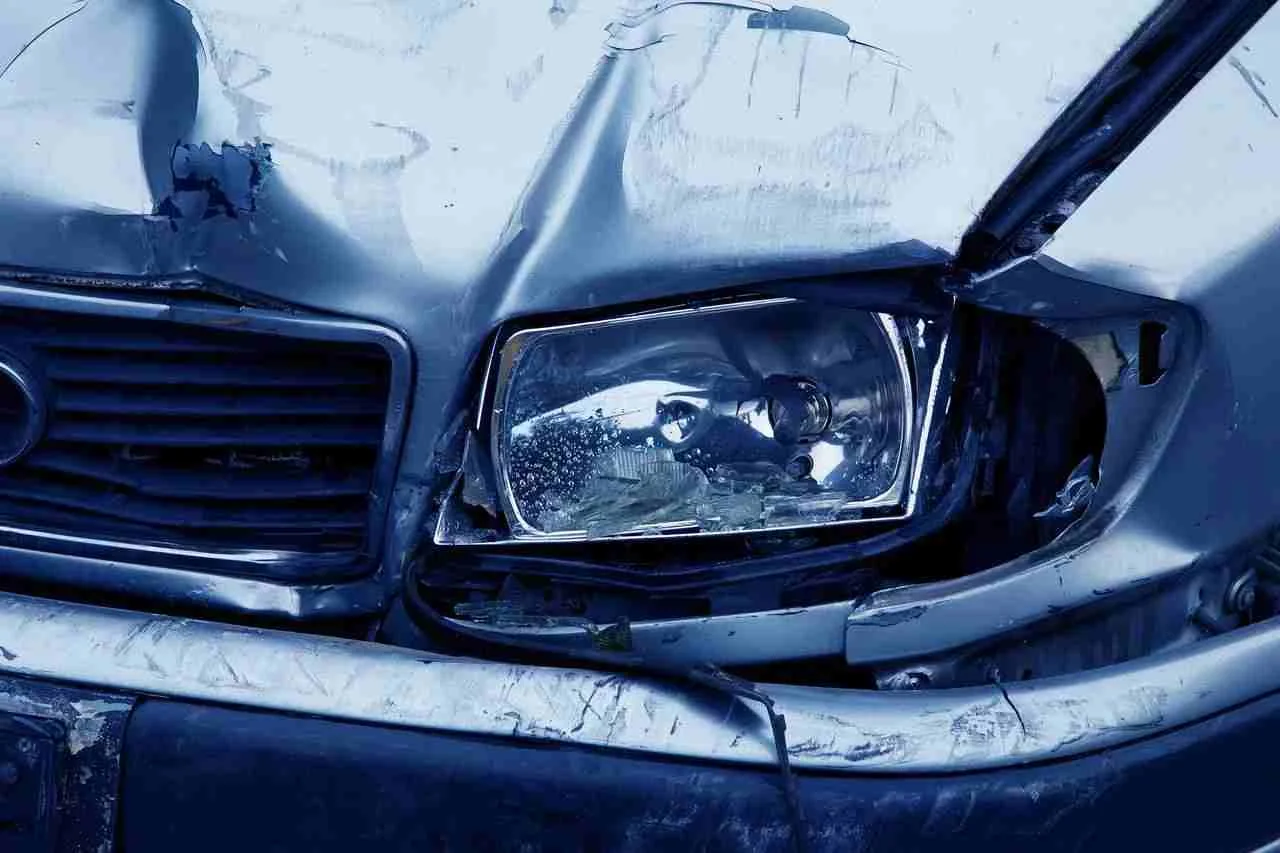South Carolina Dram Shop Laws: Holding Bars and Restaurants Accountable for Drunk Driving Accidents

South Carolina, like many other states, has implemented dram shop laws to address the issue of drunk driving accidents. These laws aim to hold bars and restaurants accountable for their role in serving alcohol to individuals who later cause harm to themselves or others on the road. In this blog post, we will delve into the specifics of South Carolina’s dram shop laws and how they function to promote safety and responsibility within the hospitality industry.
What are Dram Shop Laws?
Dram shop laws are legal statutes that assign liability to establishments, such as bars and restaurants, that serve alcoholic beverages. These laws come into play when a person who has consumed alcohol at an establishment causes injury or damage due to impaired judgment or coordination, commonly through drunk driving.
South Carolina’s Stance on Dram Shop Liability
In South Carolina, dram shop liability is addressed under the state’s Alcohol Beverage Control Act. According to this act, establishments that serve alcohol can be held legally responsible if they knowingly serve alcohol to an individual who is visibly intoxicated or if that individual is under the legal drinking age.
Proving Liability
To establish liability under South Carolina’s dram shop laws, certain elements must be proven. The injured party must demonstrate that:
- The establishment served alcohol to the intoxicated person.
- The person was visibly intoxicated at the time of service.
- The intoxication was a proximate cause of the injuries or damages sustained.
- It’s important to note that South Carolina law does not solely focus on the level of intoxication. Rather, it emphasizes the establishment’s awareness of the patron’s visibly impaired state at the time of service.
Limits of Liability
South Carolina’s dram shop laws also have limitations. Establishments are not held liable if the intoxicated individual’s actions were the sole cause of the injuries or damages. Additionally, if the establishment can prove that the patron presented false identification or misrepresented their age, liability may be mitigated.
Legal Consequences for Establishments
When an establishment is found liable under South Carolina’s dram shop laws, it may face legal consequences, including fines and potential suspension or revocation of its liquor license. The severity of these consequences may vary based on the circumstances of the case and the establishment’s history of compliance with alcohol regulations.
Promoting Responsibility in the Hospitality Industry
South Carolina’s dram shop laws play a crucial role in promoting responsibility within the hospitality industry. By holding establishments accountable for their role in alcohol-related incidents, these laws encourage better training and awareness among staff regarding responsible alcohol service.
Conclusion
South Carolina’s dram shop laws serve as a deterrent against over-serving alcohol and help protect the public from the consequences of drunk driving accidents. Establishments in the hospitality industry must be aware of their responsibilities under these laws to ensure the safety of their patrons and the general public. As individuals, it is equally important to be aware of these regulations and exercise caution when consuming alcohol to contribute to a safer community for all.
